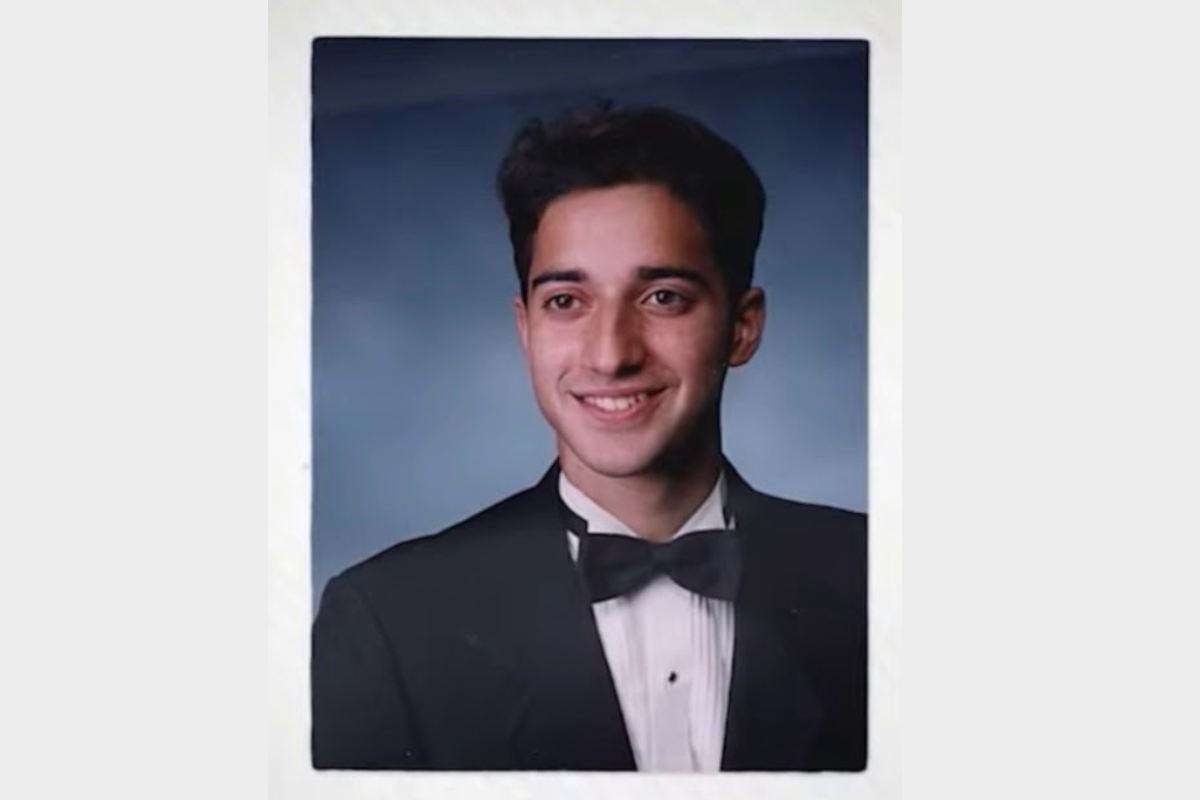Adnan Syed is a name that stands out in the landscape of true crime stories, particularly for his connection to the 1999 murder of Hae Min Lee, a high school student from Baltimore. Syed’s conviction and subsequent life sentence garnered vast attention after the release of the groundbreaking podcast “Serial” in 2014, which re-examined the intricacies of the case. His story has captivated a global audience, stirring discussions about the justice system and the power of media in influencing public opinion.
Syed was a teenager when he was arrested and charged with the murder of his ex-girlfriend, Hae Min Lee. Driven by inconsistencies in the case and the tireless advocacy of his supporters, the legal proceedings of Syed’s case have been subjected to numerous appeals and public scrutiny. The case has raised significant questions on the handling of criminal investigations and the fairness of trials, igniting debates on legal reforms and the importance of due process.
Key Takeaways
- Adnan Syed’s legal saga highlights the intersection of crime, media, and justice.
- The ongoing debate around the case underscores the need for meticulous legal review.
- Syed’s story has become a touchstone for discussions on criminal justice reform.
The Crime and Immediate Aftermath
This section unfolds the events of Hae Min Lee’s murder, Adnan Syed’s subsequent arrest, and the early legal proceedings. It also explores the significant individuals and material facts of the case, embedded within the context of their high school setting.
Murder of Hae Min Lee and Initial Investigation
In January 1999, Woodlawn High School student Hae Min Lee went missing in Baltimore. Her body was later discovered in Leakin Park, leading to an intense investigation by local authorities. She had fallen victim to manual strangulation.
Adnan Syed’s Arrest and Charges
A few weeks after Lee’s disappearance, her ex-boyfriend Adnan Syed was arrested and faced charges including first-degree murder. The case soon attracted widespread attention both within Maryland and beyond.
The Trials and Conviction
Syed’s trial took place in Baltimore’s circuit court. Despite his plea of innocence, he was convicted of murder, earning him a life sentence. The jury, swayed by the prosecutors’ presentation and the weight of the evidence, found him guilty.
Key Figures and Witnesses
Key individuals in the trial included Jay Wilds and Asia McClain. Wilds’ testimony was central to the prosecution’s case, while McClain’s later statements raised questions about Syed’s defense, handled by Cristina Gutierrez. Rabia Chaudry, a family friend, would later become instrumental in advocating for Syed’s release.
The Role of Physical Evidence
The prosecution’s case heavily relied on physical evidence, which played a pivotal role in securing the conviction. This included items found at the crime scene in Leakin Park and potentially incriminating items belonging to Syed.
Adnan Syed’s High School Life
Adnan Syed was an active high school student, with involvement in sports like lacrosse and hobbies that are typical of teenage life. His relationship with Lee and their breakup became focal points in the narrative constructed by both the prosecution and defense during the trial.
Legal Proceedings and Public Response
Adnan Syed’s case has seen complex legal proceedings and significant public interest, particularly due to the impact of the podcast ‘Serial.’
Appeals and Legal Battles
After his conviction for the murder of Hae Min Lee, Adnan Syed has been entwined in a lengthy legal battle. Despite multiple appeals, Maryland courts have maintained his conviction over the years. The Maryland Court of Appeals denied a request for a new trial in a decision that has profound implications for the case.
The Influence of Serial and Subsequent Media
The podcast ‘Serial’ catapulted Syed’s case into the public eye, raising questions about the evidence and his claim of innocence. This, along with media like ‘The Case Against Adnan Syed’ and the ‘Undisclosed’ podcast, has sparked widespread debate and interest in the intricacies of the case.
Support and Advocacy Efforts
Rallied by ‘Serial,’ organizations like the Innocence Project and figures such as Rabia Chaudry have voiced support for Syed. Georgetown University’s Prisons and Justice Initiative has also advocated for fairness, ultimately striving to exonerate Syed.
Recent Developments and Current Status
Recently, the Maryland Appellate Court upheld the conviction. However, Baltimore Circuit Judge Melissa Phinn vacated the conviction in 2022, granting the new trial Syed had sought for years. As of 2024, the case remains at the forefront of discussions on justice and legal reform. Adnan Syed’s current status is a reflection of an ongoing struggle for what supporters argue is fairness in the judicial system.
Frequently Asked Questions
The questions highlighted in this section address some of the most common inquiries regarding Adnan Syed, whose legal situation has fascinated many since the airing of “Serial.”
How old was Adnan Syed when he received his conviction?
Adnan Syed was 17 years old at the time he was found guilty in the murder of Hae Min Lee.
What is the current location of Adnan Syed?
As of the last update, Adnan Syed’s murder conviction has been vacated and he was released from prison.
Has there been any recent updates on Adnan Syed’s case?
Syed’s case continues to evolve, with recent developments leading to his release from incarceration. For detailed updates, the New York Times provides a comprehensive timeline.
What year was Adnan Syed exonerated and released?
Syed was released from prison after his conviction was vacated in September. Subsequent efforts by his legal team to clear his name continue.
What are the main points of evidence in the Adnan Syed case?
Key evidence in Syed’s case included call records and testimony from a friend, which were later scrutinized for their reliability.
What has been the public discourse surrounding Adnan Syed’s guilt or innocence?
The discourse around Syed’s guilt or innocence has been polarized. Many draw on the case’s intricacies and disputed evidence to form their opinions.







